* Associate Professor, Doctor, Physician Nguyen Tuan Hung - Deputy Head of the Department of Organization and Personnel , Ministry of Health :
Mechanisms and policies must be "sufficient and strong"
The Ministry of Health is drafting a resolution of the Politburo on a breakthrough in public health care, meeting the requirements of national development in the new era, in which it proposes solutions to promote the training of high-quality health workers. Specifically, focusing on training, ensuring sufficient human resources for primary health care and preventive medicine; having attractive mechanisms and policies on credit, scholarships and tuition fees to attract excellent students to study health majors; specialized training in the health sector is a postgraduate level of the national education system managed by the Ministry of Health; implementing a tuition exemption policy for students in a number of priority fields and areas. In addition, the Ministry of Health proposed that the Politburo approve special treatment policies for health workers such as: People with specialized specialized training are ranked with salaries equivalent to their training level; The state budget supports monthly 100% of the salary according to the current salary coefficient for people working in primary health care, preventive health facilities and some priority fields and subjects.
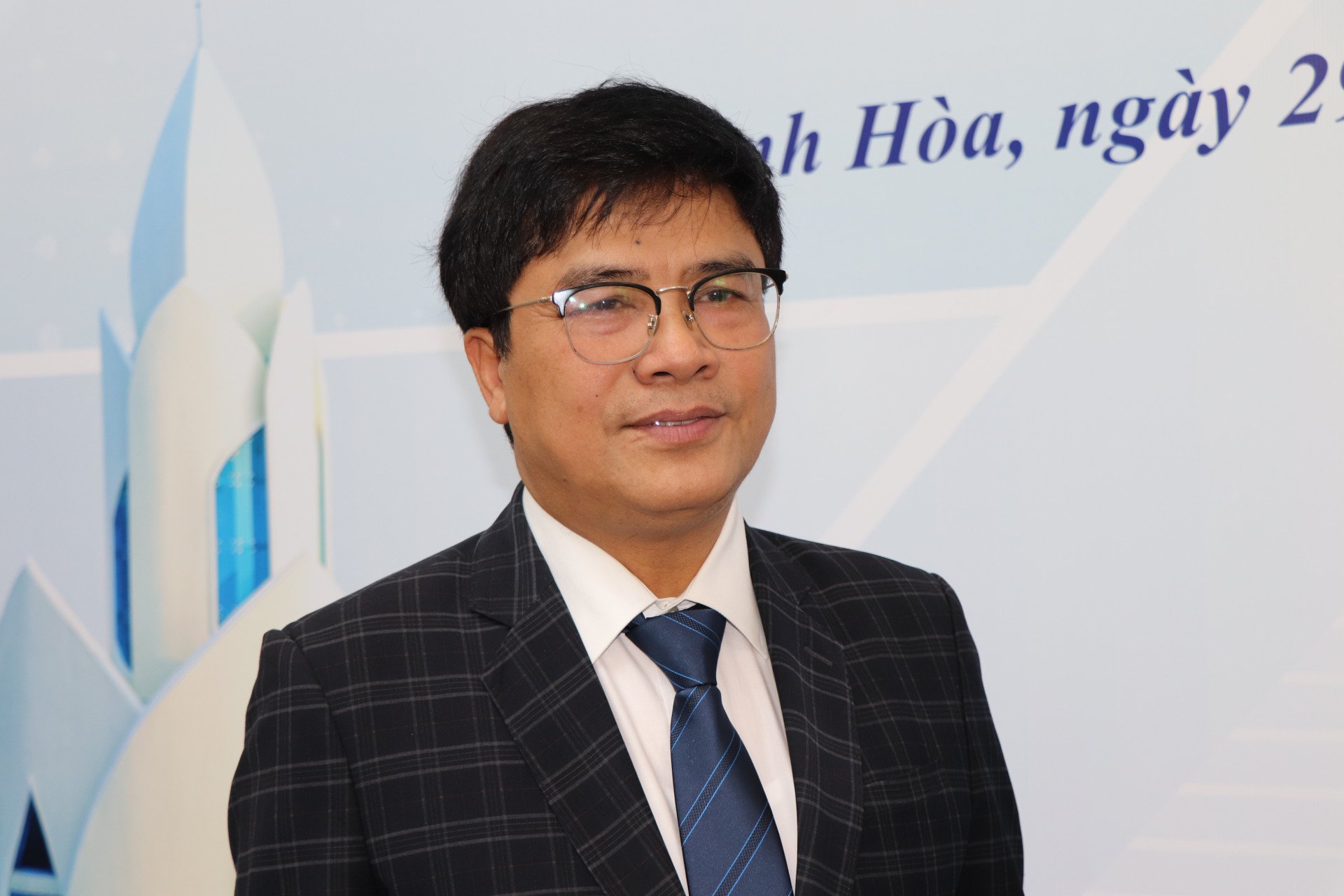 |
| Associate Professor, Doctor, Physician Nguyen Tuan Hung - Deputy Head of the Department of Organization and Personnel, Ministry of Health . |
In addition, the Ministry of Health is also submitting to the Prime Minister for approval a draft Decree stipulating a number of special allowance regimes for civil servants, public employees, and workers in public health facilities, anti-epidemic allowance regimes, support regimes for village and residential group health workers and village and hamlet midwives; a Decree stipulating decentralization and delegation of state management in the health sector; a Decree stipulating the division of authority of local authorities according to the 2-level local government organization model in the health sector.
For localities, it is necessary to study and have a policy of funding for students of the province who have been admitted to universities in the health sector, especially those studying majors that are lacking human resources such as: leprosy, tuberculosis, psychiatry, forensic medicine, pathology... so that after completing the study program, they will return to their localities to work. In the context of promoting decentralization and delegation of power, the province needs to be more proactive in using resources to have better treatment policies for medical staff. Currently, the income of medical staff is not commensurate with the pressure of work and the level of dedication. Therefore, localities need to study and have a pilot mechanism to improve the income of medical staff, especially medical staff at the grassroots level or working in remote, isolated and disadvantaged areas. For talented medical staff, the province wants to "retain" them, it should boldly include a special case mechanism, with evaluation criteria and agreed upon between Party committees and authorities at all levels.
* Mr. Huynh Manh Thang - Deputy Director of Department of Home Affairs:
Developing a high-quality medical workforce is key
Developing a team of high-quality, professionally competent and dedicated medical staff is a key factor today. Therefore, the Provincial People's Committee needs to review, adjust and improve current policies, including mechanisms to attract doctors, while expanding the target audience to other scarce specialties. Next, prioritize and orient training according to practical needs, focusing on shortage specialties such as: Emergency resuscitation doctors, pediatricians, preventive medicine, etc. At the same time, relevant units need to promote cooperation with prestigious medical training institutions at home and abroad to improve training quality, diversify learning methods and continuously update new knowledge; strongly implement training support for difficult-to-recruit majors such as: Psychiatry, tuberculosis - pulmonary, rehabilitation, forensic medicine, pathology, intensive anesthesia and resuscitation, infection control, clinical pharmacy. Policies to "retain" doctors also need to be considered to increase the level of support or supplement working and living conditions to ensure more sustainable attraction...
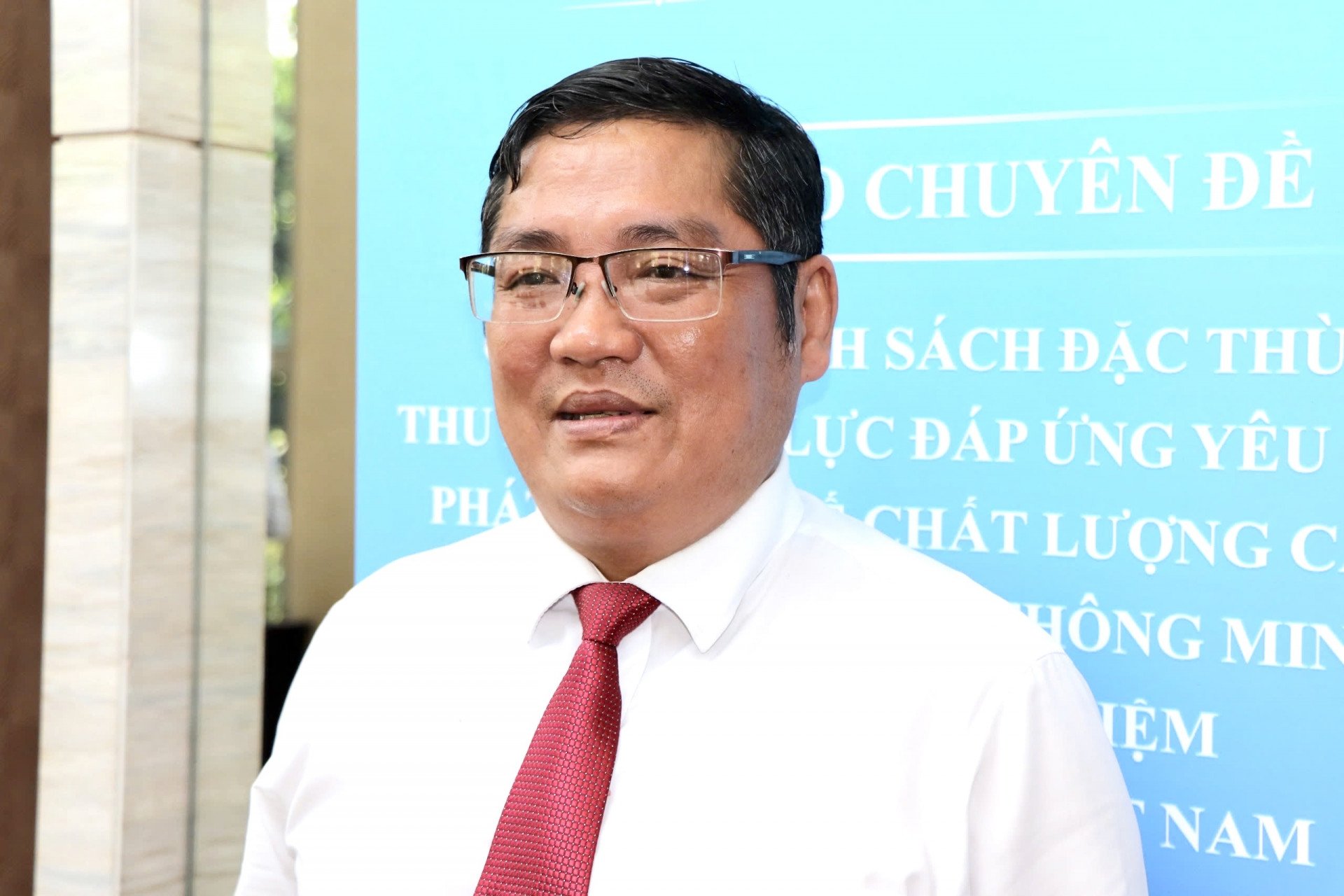 |
| Mr. Huynh Manh Thang - Deputy Director of Department of Home Affairs. |
The Department of Home Affairs will always proactively coordinate with the Department of Health and relevant agencies in advising the Provincial People's Committee to continue to innovate and improve policies to ensure sustainable and effective development of human resources in the health sector.
* Dr. Dang Duy Thanh - Deputy Director of Provincial General Hospital:
Building a smart hospital model
In the digital transformation trend of the healthcare sector, the need to build smart, efficient, patient-oriented hospital models is becoming an inevitable requirement. The Provincial General Hospital clearly defines its role as the core hospital of the South Central and Central Highlands regions, playing a key role in providing specialized, modern medical services to the community. Therefore, we have been implementing a strategy to build a smart hospital and develop high-quality medical human resources. In particular, we pay attention to recruiting human resources associated with long-term development orientation; develop specialized training plans for each department, room, and center; organize continuous training, update new technology, soft skills and specialized training. At the same time, cooperate with domestic and foreign training units, gradually forming an academic and research environment right in the hospital. Currently, the hospital has been applying technology and AI to deploy the hospital information system (HIS), the medical image archiving and transmission system (PACS-RIS), electronic medical records (EHR) and endoscopic and diagnostic imaging devices; developing smart medical services (online medical examination registration, cashless payment, drug warnings via the drug information system, etc.); prioritizing technology to support nurses and technicians - a force that accounts for a high proportion and directly affects patient care and experience. The hospital also builds a transparent, professional, and mutually respectful environment; creates conditions for medical staff to live and work stably in the locality to "retain" talent for the long term; develops a "family doctor model" in the community.
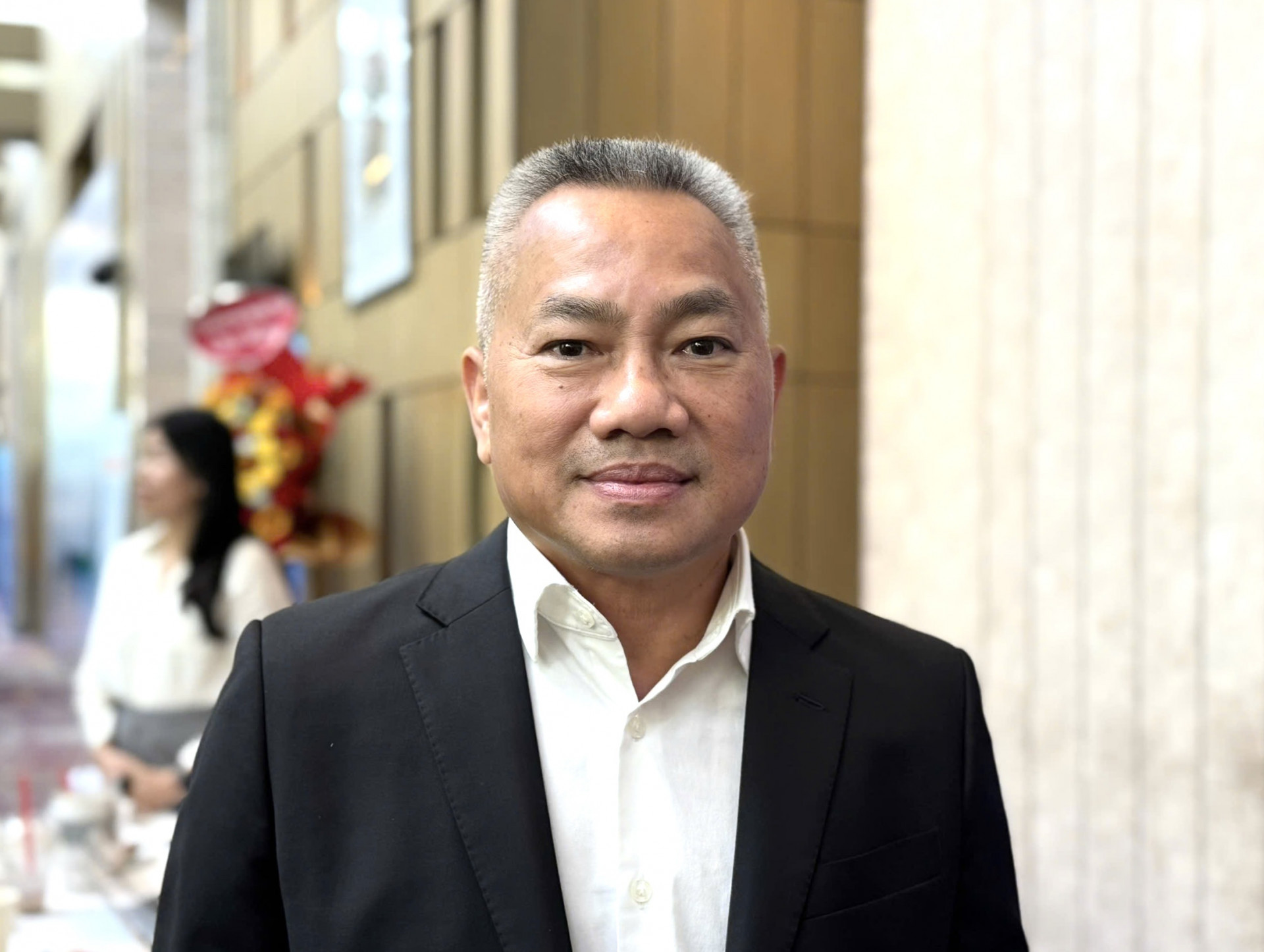 |
| Dr. Dang Duy Thanh - Deputy Director of Provincial General Hospital. |
For the smart hospital model, it is not only a matter of technology but also a comprehensive transformation model, in which people are the center, technology is the tool, and serving patients is the goal. Therefore, we recommend that the province strengthen the High-Quality Medical Human Resources Development Fund, prioritizing young staff and provincial-level staff; coordinate public-private partnerships in model building, link short-term training with universities, research institutes and technology enterprises; have a mechanism to review expert capacity to recognize and "retain" good human resources in the province...
SOLID SHEET (Note)
Source: https://baokhanhhoa.vn/xa-hoi/202505/can-trien-khai-dong-bo-cac-giai-phap-25579e8/



![[Photo] A delegation of 100 journalists from the Vietnam Journalists Association visits the soldiers and people of Truong Sa island district.](https://vphoto.vietnam.vn/thumb/1200x675/vietnam/resource/IMAGE/2025/5/30/0984a986227d4e988177f560d2e1563e)

![[Photo] Prime Minister Pham Minh Chinh attends the event "Digital transformation of the banking industry by 2025"](https://vphoto.vietnam.vn/thumb/1200x675/vietnam/resource/IMAGE/2025/5/29/0e34cc7261d74e26b7f87cadff763eae)


















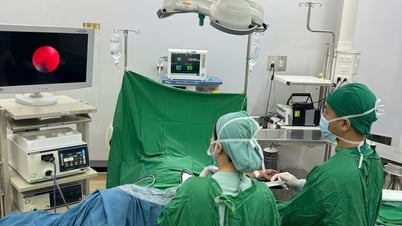

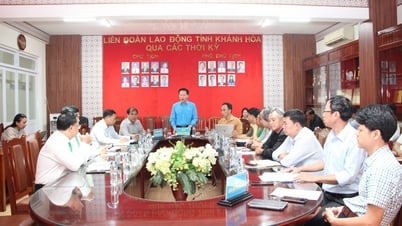



















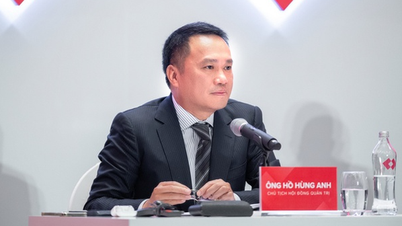


























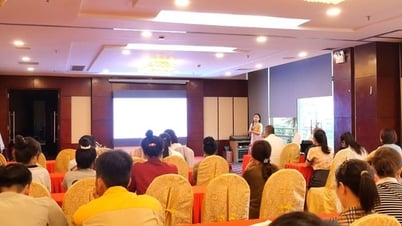







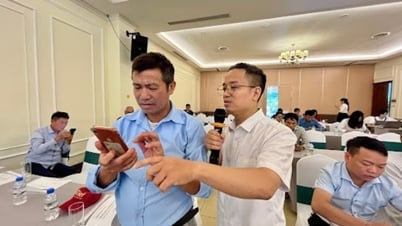


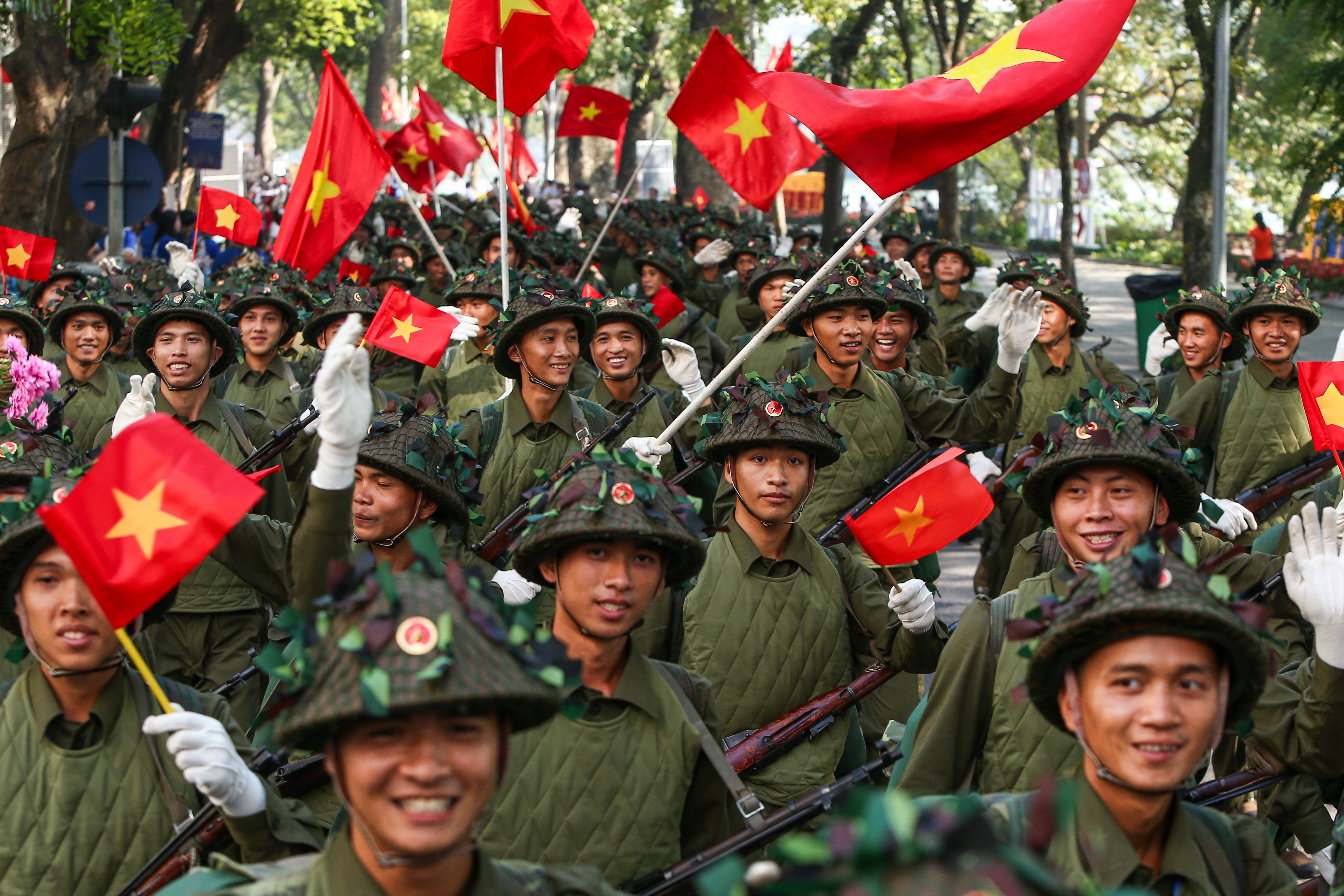



Comment (0)